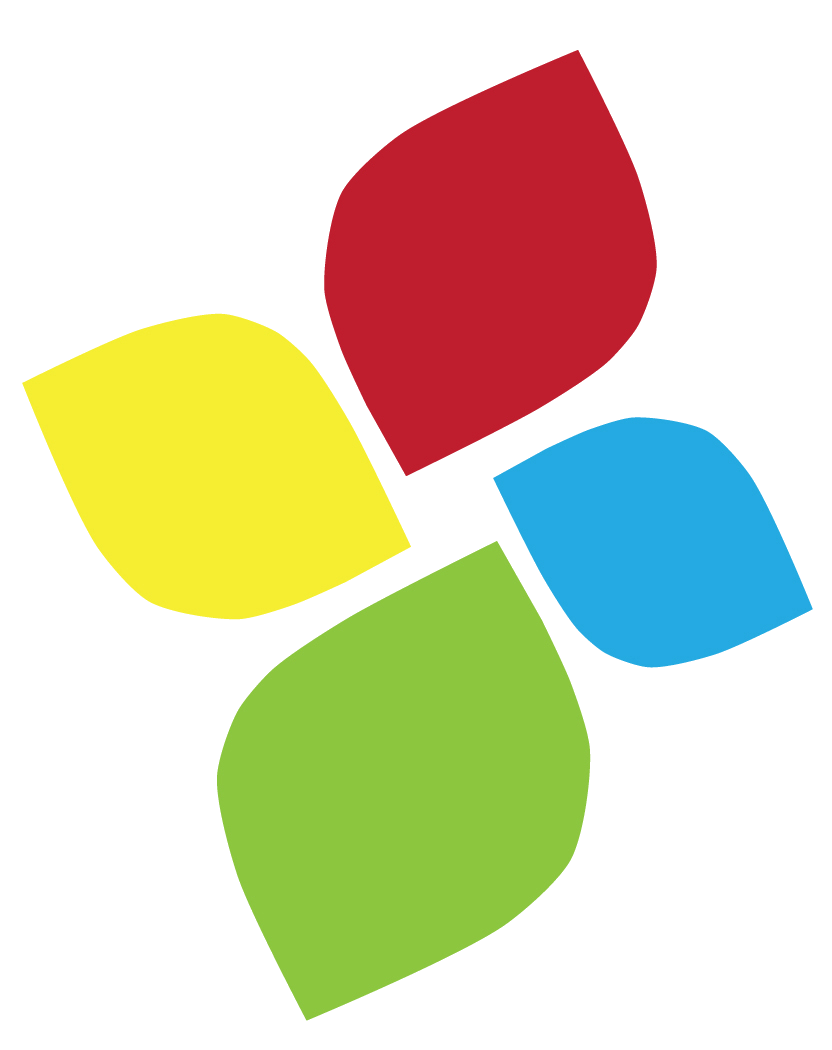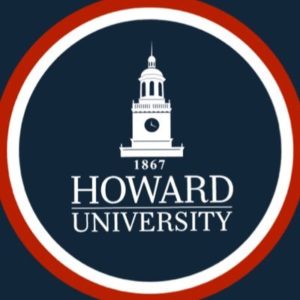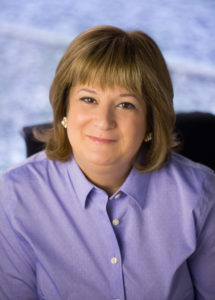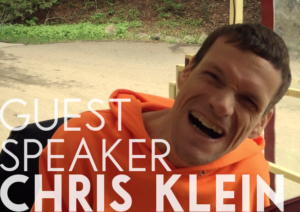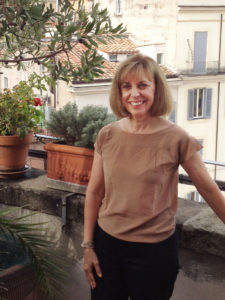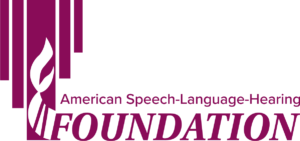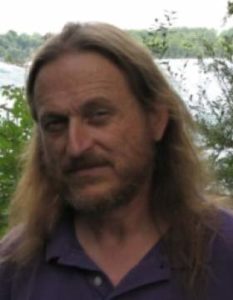2019 CAAC
12th Annual Clinical AAC Research Conference
Washington D.C
Welcome to the Clinical AAC Research Conference
The 12th Annual Clinical AAC (CAAC) Research Conference is on the campus of Howard University in Washington DC on October 17-19, 2019. CAAC is an annual forum created specifically for researchers and clinicians engaged in the study and clinical management of people who use augmentative and alternative communication (AAC). The conference format is designed to stimulate lively and thought-provoking discussions that may stem from the importance of AAC research hypotheses, designs, methodology and results and grow into conversations about applying theoretical frameworks to AAC interventions.
Thursday
Short Course: Tele-AAC Practice for the Advanced Practitioner
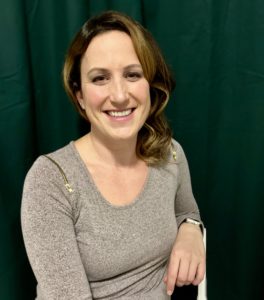
Nerissa Hall, PhD, CCC-SLP, ATP is co-founder of Commūnicāre, LLC, a company specializing in augmentative and alternative communication, assistive technology, and tele-AAC working primarily with school-aged individuals, providing specialized, evidence-based intervention, assessment and consultation services. Nerissa received her Master and Doctorate degrees from the University of Massachusetts-Amherst, focusing on tele-AAC, and has presented nationally regarding this and other related topics. Nerissa has served as a LEND Fellow, adjunct faculty at Elms, Cambridge College and the University of Massachusetts-Amherst. She is former Associate Editor of ASHA’s journal, Perspectives on Telepractice, and serves on the editorial board of this journal and others.
Ellen Cohn PhD, CCC-SLP, ASHA Fellow is professor at the Department of Communication Science of Disorders, University of Pittsburgh. She teaches courses in cleft palate/craniofacial disorders, professional issues, diversity and healthcare, and communication. Cohn has co-authored books on telerehabilitation, communication disorders casebook, cleft palate; diversity in higher education; and communication, is editor of the International Journal of Telerehabilitation. Cohn is a past investigator for RERC on Telerehabilitation. She was the founding coordinator of the ASHA Special Interest Group on Telepractice (#18) and is a past director of the American Telemedicine Association.
Friday
Keynote Speaker
Research Directions Driven by AAC Speakers: Optimizing Communication for Employability
Chris Klein, BeCOME AAC is a voice to those that have none and helping hand to those with disabilities, even though he was born with cerebral palsy and uses augmentative communication to help him interact with the rest of the world. Chris used his first augmentative communication device when he was 6 years old. This allowed him to be mainstreamed starting in third grade, and opened doors that nobody thought were achievable.
Over the past four years, Chris has been working closely with people that use AAC. He was President of USSAAC (United States Society of Augmentative Alternative Communication). He has realized that the AAC community has a real need for a mentor program, and this has led him to form an organization called BeCOME AAC. It stands for Building Connections with Others through Mentoring and Education about AAC. BeCOME AAC is committed to assisting persons with speech disabilities live in fulfilling way. BeCOME: AAC believes that the cornerstone to a full life is derived from the ability to participate in meaningful relationships with others and engage in everyday social interactions a fully ratified participant. In order to address this primary objective, BeCOME AAC is focused on providing tools and services to people with and without speech disabilities in order to enable and enhance communication leading to social integration. Specifically, BeCOME AAC will develop and distribute educational materials and provide mentoring services to persons with speech disabilities. This has opened new opportunities for Chris to present at different assistive technology conferences and universities across the country.
Guest Speaker
NIDILRR’s Research Mission and Funding Mechanisms: Keys to Successful Grant Applications
Steve Bauer, NIDILRR program director at the US National Institute on Disability, Independent Living, and Rehabilitation Research (NIDILRR) under the Administration on Community Living. In 1992, he earned his Ph.D. in Electrical and Computer Engineering from SUNY at Buffalo. He is a former co- and principle- investigator of Rehabilitation Engineering Research Centers on Technology Transfer (T2RERC) and co-investigator for a Disability Rehabilitation Research Project on Knowledge Translation for Technology Transfer, all funded by NIDLRR [then NIDRR]. Steve’s professional interests include design, development, transfer, and adoption of technology (assistive, universal, information and communication); assistive technology service provision and classification frameworks, and applications of the WHO International Classification of Functioning, Disability, and Health.
Special Guest:
ASHFoundation: Research Initiatives
Nancy Minghetti, Executive Director of the American Speech-Language-Hearing Foundation, is responsible for the ASHFoundation’s leadership and management, fundraising, and mission-related program activities which include scholarship, research grant and special project initiatives.
Also Research Papers, Poster Presentations & Chair’s Reception
Saturday
Panel on AAC Specialty Certification
Board Members on AAC Specialty Certification
Lyle L. Lloyd Forum Discussion
Measuring the Effectiveness of AAC Treatment
Conference Chairperson: Ovetta Harris, Howard University
Conference Program Chairperson: Katya Hill, University of Pittsburgh
The CAAC Steering committee directs the conference. The CAAC Steering Committee directs the conference. Steering committee members include: F. Loncke, Chair; B. Braddock; O. Harris; K. Hill; J. Quarles; G. Rice; R. Steele; L. Bonnet; and S. Daddario as ex officio.
Conference Program
CAAC 2019 Program at a Glance- final
*Advanced level Continuing Education Units (CEUs) will be available for attendees
Call for paper
The Call for Papers will open on March 10th with a rolling review process for acceptances. Registration opens on April 1st. Registration is open to anyone interested in scientific discovery, and clinical or translational research in AAC.
Deadline for Proposal Submission: August 16, 2019
Research & Student’s Award
NEW: Student Think Aloud Poster Submissions!
Students considering or working on a thesis or dissertation are encouraged to submit a Think Aloud poster proposal. Accepted posters give students an opportunity to discuss their research idea(s) and receive feedback from knowledgeable attendees. Students are expected to be prepared with a brief summary and create interesting posters to capture their ideas using vivid figures or infographics to grab attention and engage attendees in discussion. Read Submission Guidelines.
The AAC Institute Student CAAC Scientific Research Paper Awards promote quality clinical research in the field of augmentative and alternative communication (AAC). The awards emphasize the importance using language activity monitoring (LAM) to support precision, quantitative performance measurement. Established in 2008, these awards impact research in the field of AAC by encouraging high standards for student clinical research activities. Read more
Registration
Presenters, researchers and graduate students are welcomed to register! Researchers are encouraged to invite graduate students they are mentoring to attend CAAC even if the mentee is NOT an author on the accepted paper. The Clinical AAC Research Conference NOW is open to professionals who have not submitted a proposal, but who are highly motivated in joining the discussion about elevating the type of research being conducted to contribute to the evidence guiding AAC research & development and clinical practice.
Payment options:
- Registration and to Pay by credit card or PayPal (Click here)
- Standard registration: $250
- Graduate student registration: $75
- Howard student registration: $25 to be collected at the door
- Send a check or purchase order to: CAAC c/o AAC Institute: 1100 Washington Ave., Suite #317, Carnegie, PA, 15106 (Include name and contact information.)
Accommodations:
Please visit: http://auxiliary.howard.edu/visitor-travel—ctm-program.html
Hotel Block: Reservations must be made by September 17, 2019 at the Holiday Inn: CAAC Room Block Website or Call Reservations at 202-483-2000.
There is not a shuttle to transport to the campus. If you are driving, parking will be difficult and be onstreet parking.
You can UBER to the campus for about $10.00 for a single ride and $7.00 for UBER XL.
Note: Please ask for a reduced rate for CAAC when you reserve your room on the phone.
Extras:
Free tickets to the African American History Museum: Please let Shannon know if you would like a ticket @ scarney@aacinstitute.org.
Directions to Howard University:
The conference will be held on the 4th floor of the Louis Stokes Health Science Library.
The address is 501 W St NW, Washington DC, 20059.
Howard University Central Campus Map
https://www2.howard.edu/contact/map
Future Conference Locations
2020: TBD
Note: CAAC is a free standing independent event. To encourage a program contributing to the exchange of ideas, space will be limited. Portions of the 2019 conference are being supported by the Department of Communication Science and Disorders at Howard University. AAC Institute provides administrative support and sponsors the special Student Scientific Paper Awards.
